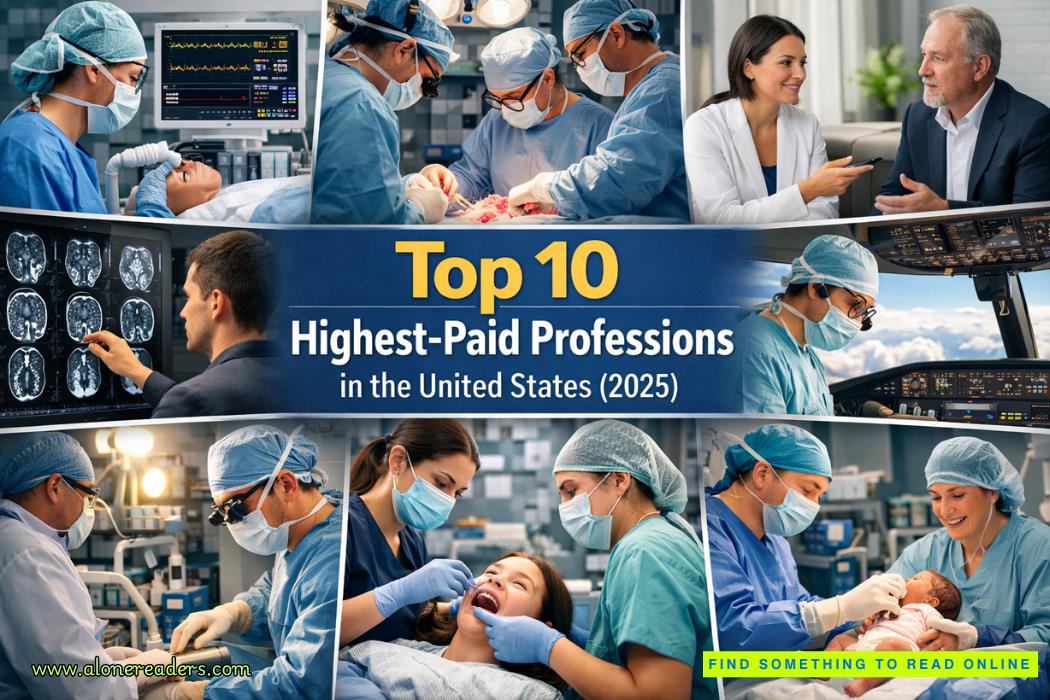“I get it. Ballet’s not exactly a bastion of feminism. But you can’t deny theSwan Lakescore is spectacular.”
“The violin solo is okay,” Carly allowed quietly.
“What’s that?” he said, putting his hand up to his ear. In front of them, the stopped cars had started to roll slowly down the hill. The bridge must be reopening.
“I said the violin solo is fine.”
“It’s better than fine, but we can agree to disagree.” That was basically all they did. But at least this disagreement hadn’t resulted in bodily harm or property theft.
“Do you think it gets better? The missing it?” She turned her head against the seat, and he turned, too. She looked him full in the face for the first time since she got in the car. Her face was pinched and pallid, but the sun found gold threads in her orange-red curls and turned her eyes a liquid, maple syrup brown.
Nick sighed.Fuck if I know. “I hope so. But, you know,” he added quickly, feigning confidence again, “I landed on my feet. There’s life after ballet, if you know where to look.”
She rolled her eyes again, with more disdain than drama this time, and looked like she was about to retort when the car behind them honked. Nick and Carly both jumped and turned back to face the road, and Nick hurried to put the car in drive. Next to him, Carly slumped back into her seat as they rolled down towards the water. Whatever rejoinder she’d had ready for him never materialized.
Twenty silent minutes later, they pulled into an underground parking lot in Sydney’s central business district, just over the other side of the Harbour Bridge. The Bridge, at least, looked exactly as it had when he had left Australia. Still a smooth slate-grey curve flanked by four stout sandstone pylons. Still a dizzying geometric kaleidoscope of shapes formed by the criss-crossing steel bars at the sides and over the top. The lanes were still narrow, designed as they were for cars from the 1930s, and over the left-hand side, the sleek white sails of Opera House still sliced into the sky, odd and elegant as ever.
When they came aboveground, they found the city buzzing with pedestrians in business and business casual clothing, hurrying from high rise office buildings to cafés and back again. He led Carly along the crowded footpaths, past clothing stores and upscale restaurants.
“Once again, we walk on the left here,” he said, the second time her body listed away from his and towards the right-hand side of the footpath.
“I know, I know,” she sighed, stepping quickly out of the way of a young man who was scurrying down the street balancing a tray of takeaway coffee in one hand and holding out his phone in the other.
“Oh, and I know where I’m going this time,” he told her. He didn’t add that he’d looked the shop up three times until he could visualize the map and could be assured he wouldn’t get them lost again.
“What a nice change,” she said, through a wide yawn.
He looked down the block to the corner where he knew they’d find the jeweller. “This shouldn’t take long. Then you can go home and take a nap.”
“I don’t need a nap,” she grumbled, sounding a lot like a tired child who needed a nap.
“Uh-huh,” he said, injecting as much skepticism as he could into the two syllables.
“Fine, I need a nap, but I can’t take one. It’ll mess with my jetlag adjustment.” She yawned again, bringing a hand to her mouth and squeezing her eyes shut. Was it possible for a yawn to be stubborn? Because if it was, Carly had just yawned stubbornly. With her whole body, too, her shoulders lifting and rolling and her ribcage expanding as she yawned dramatically into her hand. Carly Montgomery never did anything by half measures, he thought, even yawning.
The jeweller had the rings boxed up and ready to go and informed them that there was still plenty of time to have them resized if for some reason they didn’t fit. To Nick’s relief, no one mistook them for the happy couple this time, although that might have been because Carly made a point of introducing herself to the jeweller by name before asking for Marcus and Heather’s rings.
“Are you in a rush to get back?” he asked her as they left the air-conditioned cool of the shop and reemerged onto the baking footpath. Something had just occurred to him. “There’s a shop I want to visit. It won’t take long, and then you can go home and not take a nap.”
In response, she simply yawned and shrugged, which he took as a yes. He steered them down the street for a few blocks, reminding her periodically to keep to the left, until they came to a narrow laneway he remembered from all those years ago.
“Excuse me, but I generally avoid going into dark alleys with strange men,” she said, after rounding the corner and peering past him down the lane.
“A good policy, but this alley isn’t dark, and I’m not strange,” he replied, and barreled on before she could come up with a snarky retort. “Stay here if you want, I won’t be long.”
She sighed but followed him down the laneway anyway, staying a few paces behind him as it twisted behind the hulking office building, just as he’d remembered it. Only, when he arrived at the little hole-in-the-wall shop front he’d remembered, it wasn’t a camera shop anymore. It was a café.
“You wanted to visit the Piccolo café?” Carly asked, drawing even with him and frowning up at the white neon sign over the tiny door. “What’s so special about this place?”
Nick watched as a woman in a white button down and a sleek office skirt hustled out of the shop, a takeaway coffee cup in each hand.
“Euh, no, it wasn’t a café before,” he muttered, running a distracted hand over his head.
He’d only visited it a few times, but the memory of the place was still crisp in his mind. A grey-haired Greek man had sat at the counter, and shelves of cameras and film and photography books had extended up to the ceiling and all the way to the back of the narrow store. The place was fluorescent lit and smelled a little musty, but the inventory and displays were spotless, not a speck of dust or grime in sight. The man, who he’d assumed was the proprietor, let him leaf carefully through the huge, heavy art photography books, after making him leave his drink at the cash register and checking that his fingers were clean. It was quiet in there, and to a teenage Nick, who was still getting accustomed to the bustle and speed of city life, it felt like a refuge. He’d been excited to return and talk about cameras with the man behind the counter, now that he was a man and a photographer himself.
And now it was just another café churning out flat whites and macchiatos for office workers. When had that happened? What had happened to the proprietor? Had he moved the shop elsewhere? Had he sold up? Died?
“What was it?” Carly asked.















